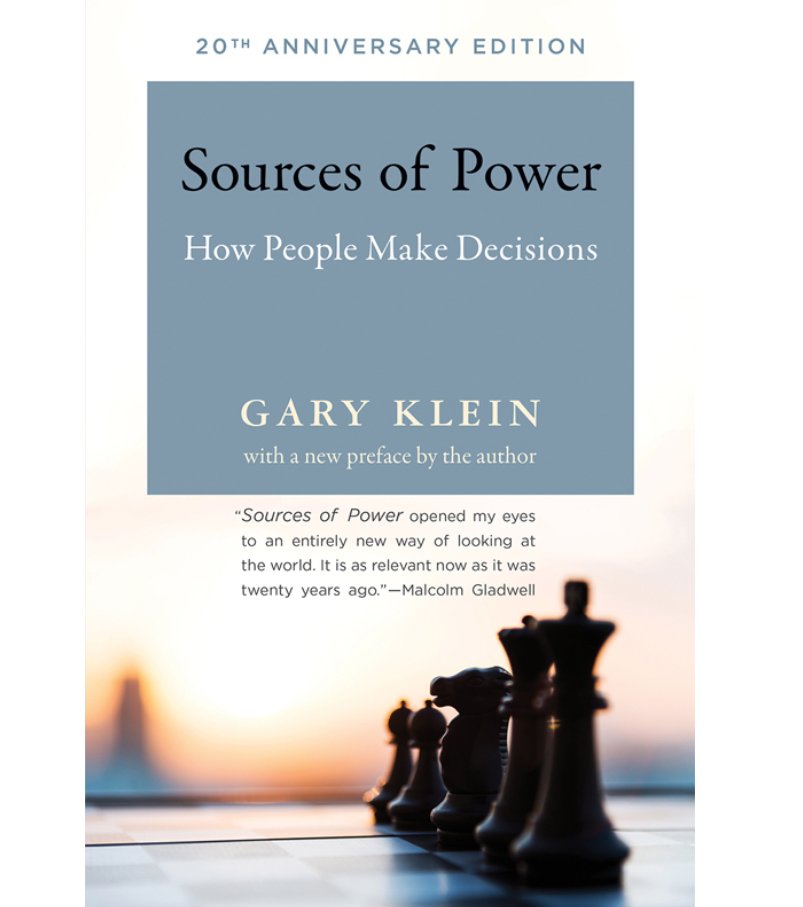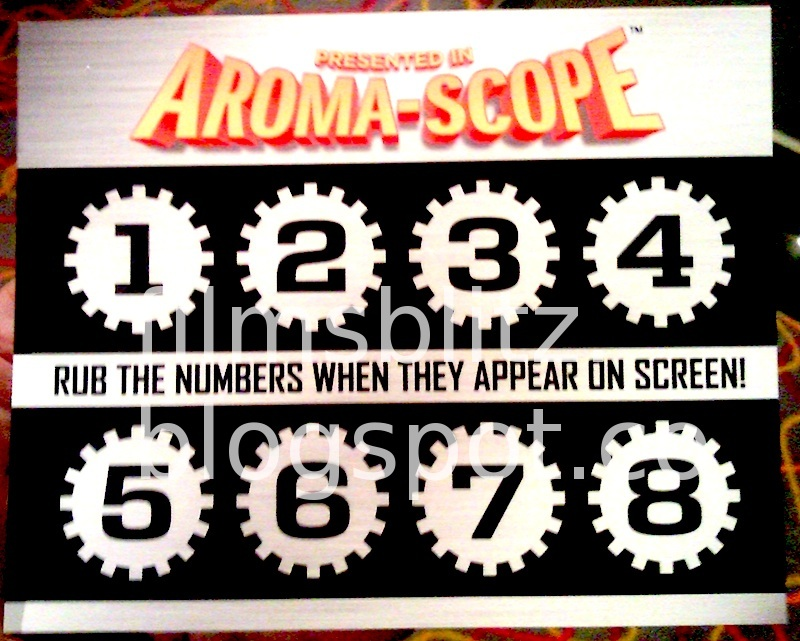1. Leaders should always credit people when mentioning their ideas. Even if that person is not in the conversation.
You win just for saying the idea at the right time.
If you're unsure where an idea came from, say so or ask. Pretending it's yours will come back to haunt you.
You win just for saying the idea at the right time.
If you're unsure where an idea came from, say so or ask. Pretending it's yours will come back to haunt you.
2. PMs & people who work across disciplines hear many ideas in many contexts and it's hard to track it all in your mind. That's OK. But own it.
If you want more good ideas to come to you, err on giving credit away rather than taking it. Once burned smart people will avoid you.
If you want more good ideas to come to you, err on giving credit away rather than taking it. Once burned smart people will avoid you.
3. Ideas are often collaborations, or the application of an old thought in a new context. So who possess the idea? Again, err on the side of giving credit away. There's little to lose.
If you solve someone's problem, but with another person's idea, you still made it happen.
If you solve someone's problem, but with another person's idea, you still made it happen.
4. A clear sign of a healthy creative culture is idea fluidity - that people are generous in lending and reusing ideas, confident that if one takes off they'll all share in the acclaim. Or have the favor returned the next time around.
It's hard to grow, but easy to destroy.
It's hard to grow, but easy to destroy.
5. It's well known that all ideas are made from other ideas.
Your best idea depends on others, including some from your coworkers.
Even hearing a bad idea may send you towards a fruitful path - Creative credit is multidirectional.
scottberkun.com/2011/ideas-are…
Your best idea depends on others, including some from your coworkers.
Even hearing a bad idea may send you towards a fruitful path - Creative credit is multidirectional.
scottberkun.com/2011/ideas-are…
6. Ideally it's the powerful people who demonstrate good behavior.
But we can all speak up when we witness someone taking credit. "Isn't that what Linda said a few minutes ago?"
They may have done in unintentionally, but if so they should appreciate that you called it out.
But we can all speak up when we witness someone taking credit. "Isn't that what Linda said a few minutes ago?"
They may have done in unintentionally, but if so they should appreciate that you called it out.
7. However in good brainstorming the pace is fast and tracking who said what can slow things down.
The culture has to be strong enough that people can put aside the who to focus on the what, at least for a time.
Too many cooks kills intimacy and makes creative trust harder.
The culture has to be strong enough that people can put aside the who to focus on the what, at least for a time.
Too many cooks kills intimacy and makes creative trust harder.
• • •
Missing some Tweet in this thread? You can try to
force a refresh














